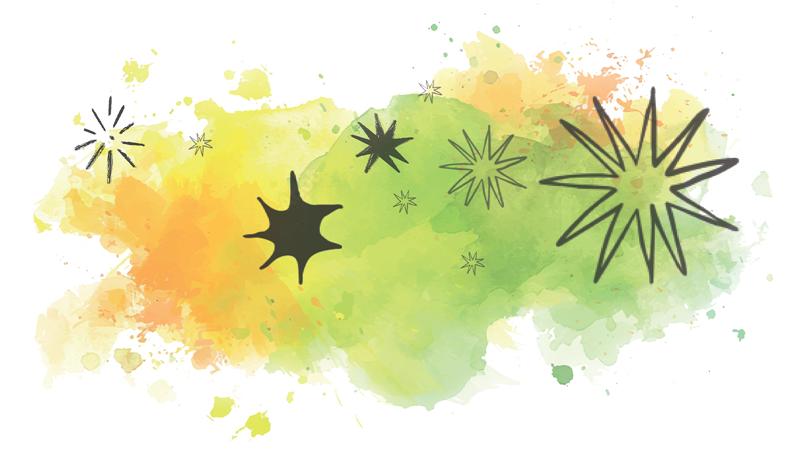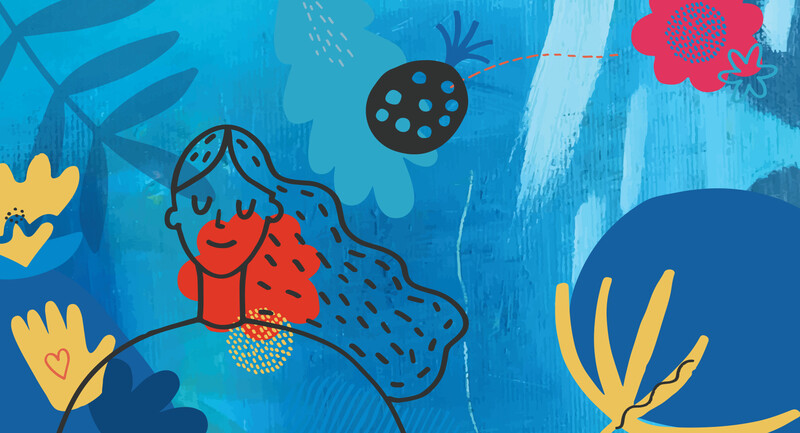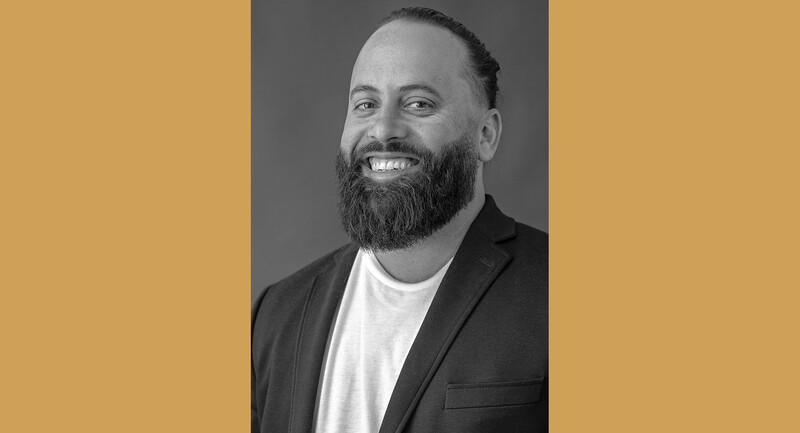No Visits to the Principal
The principal at Bryant Opportunity Academy in Wichita, Kansas, will have plenty on his to-do list—but disciplining students in his office will not be one task. Instead, the new school, which opened in August 2018, will focus on fostering character and support structures for students with behavior challenges. If a student is misbehaving, a counselor or other administrator will visit the classroom to try to solve the issue. The school aims to serve the individual learning needs of its students, with flexible-seating classrooms and a high-tech gymnasium. As principal Claudio Flores told the Wichita Eagle, "There's no such thing as a 'bad kid,'" just ones who may not have learned the rules yet.
A Techy Intervention
Technology meets classroom management with a new educator-created digital behavioral tracking system called Tracking Appropriate Behaviors (TABS). Invented by two high school band directors, the app allows teachers and administrators to track and manage positive and negative student behaviors and set up notification, referral, and intervention procedures. The system helps educators identify patterns and students who may be struggling, so they can intervene and target support earlier. The program also includes a digital hall pass system, attendance tracking, and even a lock-down system and communication feature for emergencies. More information about TABS can be found at www.solutionsforteachers.com.
Student-Led Justice and Support
A new student-led discipline program at Holyoke High School in Massachusetts focuses on restorative justice and action research (palanteholyoke.org). The program, called Pa'lante, which means "moving forward" in Spanish, is headed by 25 student leaders who are working to transform the school's culture one small step at a time. The team recently re-envisioned the school's in-house suspension room from a place that "looked like a jail cell" (as one student told New England Public Radio) to a student support room with plants and artwork and staffed with therapists and peer leaders. The group also uses restorative justice practices to resolve conflict, celebrate successes, and help students heal from trauma and oppression.





